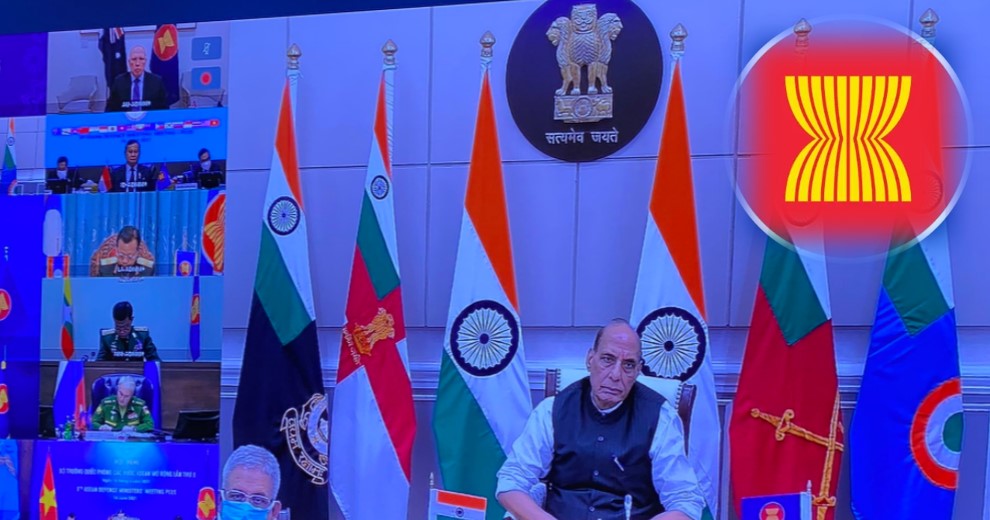
No Sign of a Code of Conduct in the South China Sea
Fri, 18 Jun 2021 | Reading Time: 6 minutes

No Sign of a Code of Conduct in the South China Sea
The ASEAN Defence Ministers’ meeting (ADMM) took place on 14 June 2021, as the organisation continues to struggle to obtain a Code of Conduct (CoC) for the South China Sea, with China. The following day, on 15 June 2021, the ADMM-Plus took place. This brings together ASEAN Dialogue Partners (DP) including India, Japan, China, Korea, Australia and New Zealand, as well as the USA and Russia.
This is almost akin to an East Asia Summit (EAS) Defence Ministers’ Meeting and is held annually since 2010. The ADMM itself is held since 2006. Next year, once the UK joins the ASEAN as a Dialogue Partner (DP), it is likely that the UK Defence Secretary will make his debut at ADMM-Plus. Currently Brunei, as the chair of ASEAN also chairs ADMM-Plus. Next year it will be Cambodia who will chair the ASEAN and ADMM-Plus.
ADMM is a confidence building mechanism within ASEAN[i]. After a few years of its existence, it realised that since ASEAN essentially extrapolates its security to other regional powers, it would be better to have an ADMM-Plus. In the years between 2008 to 2012, when the US was disinterested in the region and there were aggressive Chinese intentions in the South China Sea, the ADMM-Plus did not hold much interest. Ever since China upset regional arrangements, and gained control of areas within its traditional nine dash line, at the expense of several ASEAN countries, the significance of the ADMM-Plus increased. This year, ADMM-Plus was held, just after the G7 and NATO summits, where China was a focus of critical attention.
ADMM-Plus was held after the China-ASEAN Foreign Ministers Meeting on 7 June.[ii] Interestingly, the ASEAN Defence Ministers informally met with the Chinese Defence Minister prior to the ADMM-Plus meeting. However, ASEAN partners continue to focus on peace and security in the South China Sea. China sees this as fear mongering among the ASEAN, as it believes it is cordially engaged with them on a Code of Conduct.[iii]
Other aspects which drew attention this time was the caution by the US and Japanese Defence Ministers on the issue of Taiwan. China was advised not to alter the situation in the Taiwan Straits. However, the Chinese Defence minister, General Wei Fenghe told the meeting that China will be resolute regarding Taiwan, South China Sea, and other core interests, which, according to him, included, Hong Kong and Xinjiang. He said that other countries must respect their legitimate concerns and Chinese national interests must be protected.[iv] Thus, this year’s ADMM-Plus moved beyond the issues of the South China Sea and also looked into the emerging problems in the Taiwan Straits.
The elaborate ADMM-Plus Declaration[v] released by Brunei, retains optimism, ASEAN centrality and peaceful intent between themselves and their partners. This is a laudable objective, and among the ideas mentioned is the ASEAN direct communications infrastructure. This is in the process of implementation[vi] and is now to include these hotlines to Dialogue Partners.
The Taiwan issue is not of direct interest to ASEAN, except that it troubles them whenever US-China relations become fractious. They do not wish to have to make a choice. The problem is that with the South China Sea issue not being resolved and ASEAN efforts to have a Code of Conduct yet to fructify, the Dialogue Partners like Japan, Australia and India, have taken up cudgels to keep the area free and open. The emergence of the Quad, which held its first summit virtually in March 2021, shows that ASEAN centrality is diminishing. This was caused by China. The spillover has to be handled by ASEAN and Dialogue Partners. Even though ASEAN mechanisms have been insufficient to deal with issues, the Dialogue Partners do not abandon it, but remain engaged with it, like in the ADMM-Plus. This keeps cooperation and communication open and is the positive aspect of ADMM-Plus.
The Code of Conduct with China has been discussed for almost three decades[vii]. In 2017, China agreed to negotiate a Code of Conduct with ASEAN. Meanwhile its claims in the South China Sea were clearly obtained. During this time China refused to discuss with ASEAN as a whole, since it believes that South China Sea issues pertained to the concerned country bilaterally. Once China settled its claims unilaterally, it gallantly agreed to discuss the Code of Conduct. The ADMM-Plus, the ASEAN-China meetings have continued to support an early Code of Conduct. A dangerous draft is being prepared, and now it is not how quickly it can be adopted, but what it will contain.
The draft includes restrictions on non-littoral countries in the South China Sea. Unless China concurs, third countries operations including on oil prospecting will have a Chinese veto. The UNCLOS is also sought to be abrogated in its application to the South China Sea. The Code of Conduct was originally meant to supervise the conduct of parties, mainly China, in the South China Sea. It is now becoming a document which will allow China to supervise every county’s operation in the South China Sea. As ASEAN pursues this it needs to take the responsibility to ensure that such unilaterally dominant position is not conceded to China. [viii] That will not be acceptable to the Dialogue Partners of ASEAN, most of whom support free and open seas.
In recent months there has been a growing disquiet among several ASEAN countries on Chinese activities. Vietnam is the one country which would not agree on a Code of Conduct, as it will concede control to China. Vietnam is already suffering from Chinese activities over the Paracel islands. Philippines, which compromised on the 2016 arbitral award in its favour, today realizes the limitations of that policy since Chinese friendship allows landings of Chinese fishermen on Philippines islands and willful violation of their EEZ.[ix] Recently, Malaysia, which earlier used to turn a blind eye to the passage of Chinese naval vessels close to its waters, has now protested the traversing of its airspace by Chinese Air Force planes.[x] Indonesia similarly is circumspect, when it comes to dealing with China in military matters, particularly in the Natuna sea, where Chinese Coast Guard takes large fleets of fishing vessels which rob Indonesia of its rightful catch. Philippines has postponed the abrogation of its base agreement with the USA for a further six months. Indonesia is bolstering its naval strength by ordering six ships from Italy[xi] and refurbishing its submarine fleet, with the possible help of South Korea.
The statement by India’s Raksha Mantri at the ADMM-Plus was clear and forthright, calling for freedom of navigation and to have cooperation in the region under internationally accepted rules.[xii]USA, Japan, and Australia are more forthright in their challenge to China. Keeping with the tradition of not directly attacking China in ASEAN-Plus meetings, the Indian response has been forthright, yet correct.
Where does the ADMM-Plus go now? It should avoid the tendency to cover everything under the sun, and sound more and more like an ASEAN Regional Forum (ARF) meeting. It should focus on the six working groups that it has, which deal with humanitarian assistance and disaster relief, maritime security, military medicine, counter terrorism, peacekeeping operations, humanitarian mine action and cybersecurity. These areas have contemporary functional value, under the aegis of the ADMM-Plus. Working together on them will help ASEAN centrality.
References
[1] Sarah Teo, Henrick Z. Tsjeng, A Diplomatic Decade: The ASEAN Defence Ministers’ Meeting, Global Asia, March2016, Accessed at https://www.globalasia.org/v11no1/feature/a-diplomatic-decade-the-asean-defence-ministers-meeting_sarah-teohenrick-z-tsjeng
[2] Co-Chairs’ Statement on the Special ASEAN-China Foreign Ministers’ Meeting in Celebration of the 30th Anniversary of the Dialogue Relations, ASEAN, 7 June, 2021 Accessed at https://asean.org/co-chairs-statement-special-asean-china-foreign-ministers-meeting-celebration-30th-anniversary-dialogue-relations/
[3] Li Kaisheng, ASEAN must assert itself and not be kidnapped by US agenda, Global times, 15 June 2021, Accessed at https://www.globaltimes.cn/page/202106/1226210.shtml
[4] Kentaro Iwamoto, China fends off pressure over Taiwan in ASEAN-led defence talks, Nikkei Asia 16 June 2021, Accessed at https://asia.nikkei.com/Politics/International-relations/China-fends-off-pressure-over-Taiwan-in-ASEAN-led-defense-talks?del_type=1&pub_date=20210616190000&seq_num=14
[5] Bandar Seri Begawan Declaration by the ADMM-Plus in Commemoration of the 15th Anniversary of the ADMM on Promoting A Future-Ready, Peaceful and Prosperous ASEAN, ASEAN, 17 June 2021, Accessed at https://asean.org/8th-asean-defence-ministers-meeting-plus-bandar-seri-begawan-declaration-admm-plus-commemoration-15th-anniversary-admm-promoting-future-ready-peaceful-prosp/
[6] Prashanth Parameswaran, What’s Next for ASEAN’s Regional Security Hotline? The Diplomat 15 October 2019, Accessed at https://thediplomat.com/2019/10/whats-next-for-aseans-regional-security-hotline/
[7] Sandro Wirth, A code of conduct for the South China Sea, Pax et Bellum, 12 March 2021, Accessed at http://www.paxetbellum.org/2021/03/12/a-code-of-conduct-for-the-south-china-sea/?utm_source=rss&utm_medium=rss&utm_campaign=a-code-of-conduct-for-the-south-china-sea
[8] Viet Hoang, The Code of Conduct for the South China Sea: A Long and Bumpy Road, The Diplomat, 28 September 2020, Accessed at https://thediplomat.com/2020/09/the-code-of-conduct-for-the-south-china-sea-a-long-and-bumpy-road/
[9] Joshua Kurlantzick, Duterte’s Ingratiating Approach to China Has Been a Bust, WPR, 2 June 2021, Accessed at https://www.worldpoliticsreview.com/articles/29697/duterte-s-approach-to-china-philippines-relations-has-been-a-bust
[10] Jason Lim, Malaysia – and no Southeast Asian nation – should be bullied by China, The Interpreter, 9 June 2021, Accessed at https://www.lowyinstitute.org/the-interpreter/malaysia-no-southeast-asian-nation-should-be-bullied-china
[11] Tom Kington, Indonesia orders six FREMM frigates from Fincantieri, Defensenews, 10 June 20921, Accessed at https://www.defensenews.com/global/europe/2021/06/10/indonesia-orders-six-fremm-frigates-from-fincantieri/
[12] Raksha Mantri calls for open & inclusive order in Indo-Pacific at the 8th ASEAN Defence Ministers Meeting Plus, PIB, 16 June 2021, Accessed at https://www.pib.gov.in/PressReleseDetailm.aspx?PRID=1727467
***************************************************************************************************
Author

Ambassador Gurjit Singh was an Indian diplomat for 37 years. He has been the Ambassador of India to Germany, Indonesia, Timor-Leste & ASEAN and Ethiopia, Djibouti and the African Union besides having been in in Japan, Sri Lanka, Kenya, and Italy on assignment. He was the Sherpa for the first 2 India-Africa Summits and his book ‘The Injera and the Parantha’ on India and Ethiopia was well received. He has also written books on India’s relations with Japan, Indonesia, and Germany.
Disclaimer
The opinions expressed in this article are the author’s own and do not reflect the views of Chanakya Forum. All information provided in this article including timeliness, completeness, accuracy, suitability or validity of information referenced therein, is the sole responsibility of the author. www.chanakyaforum.com does not assume any responsibility for the same.
Chanakya Forum is now on . Click here to join our channel (@ChanakyaForum) and stay updated with the latest headlines and articles.
Important
We work round the clock to bring you the finest articles and updates from around the world. There is a team that works tirelessly to ensure that you have a seamless reading experience. But all this costs money. Please support us so that we keep doing what we do best. Happy Reading
Support Us









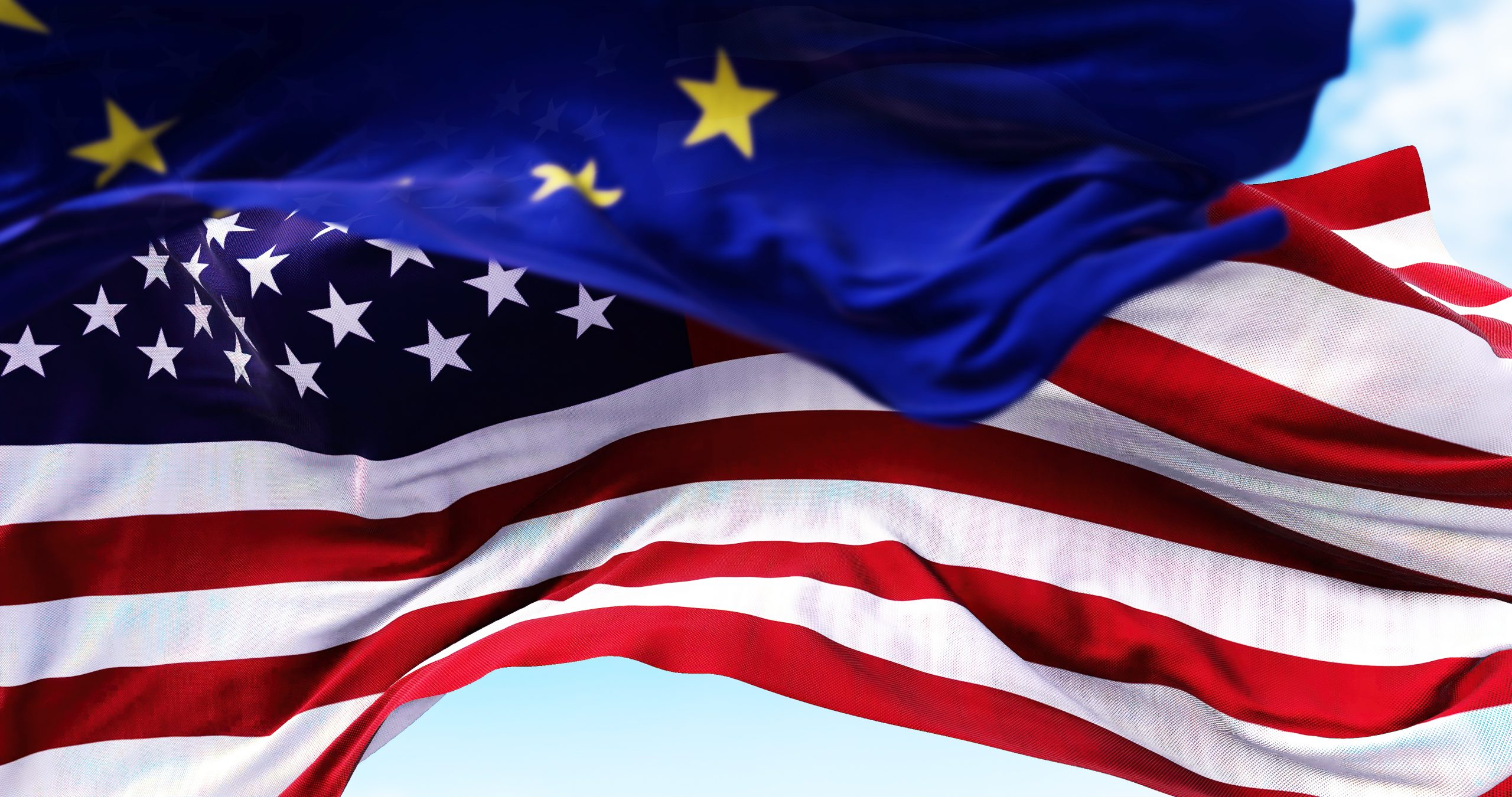
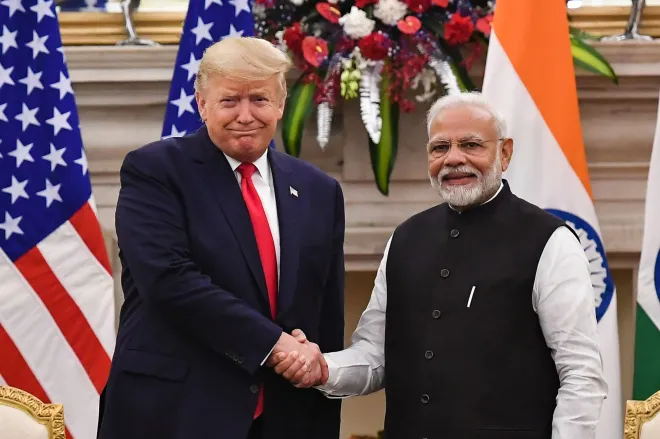
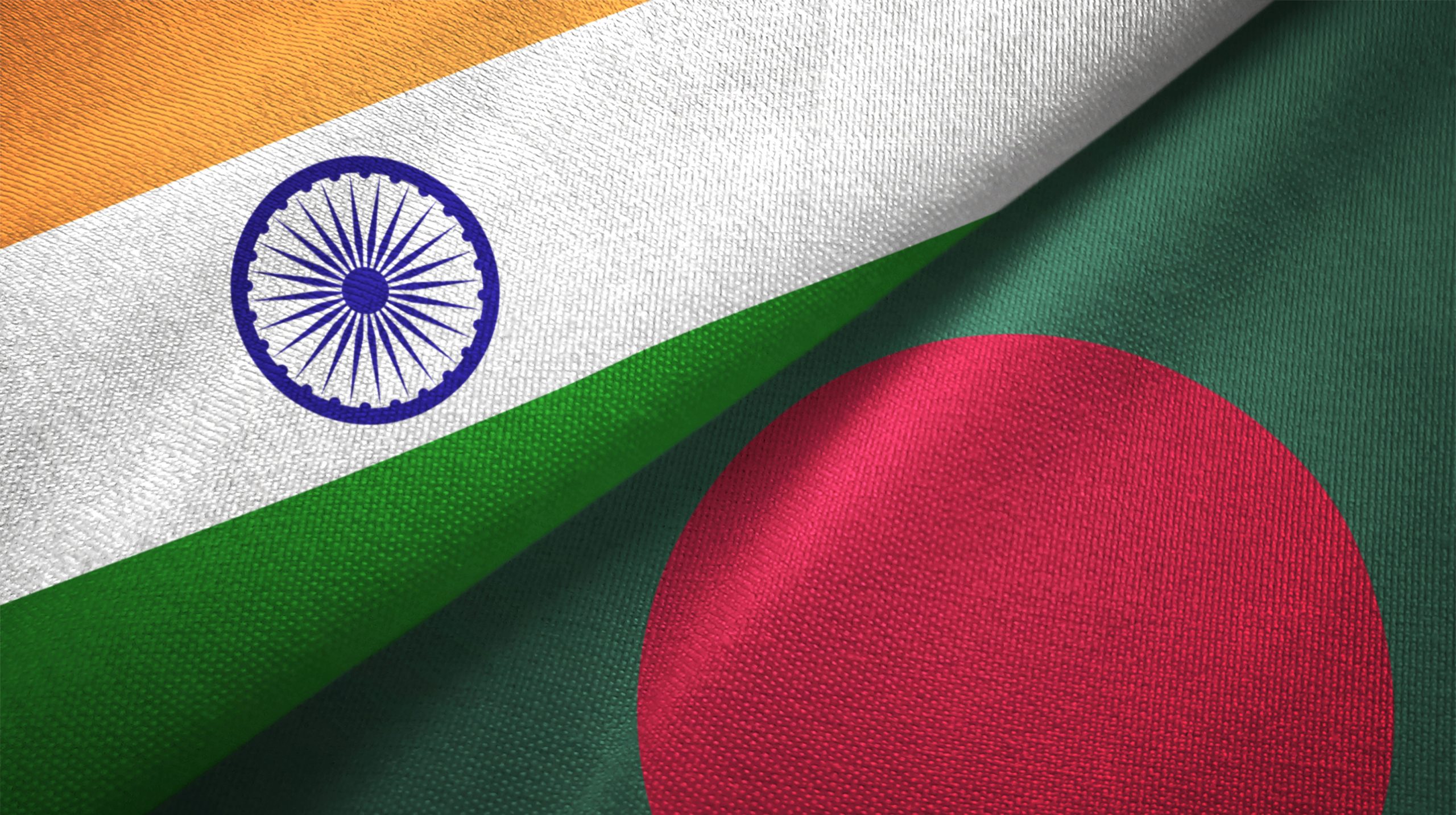
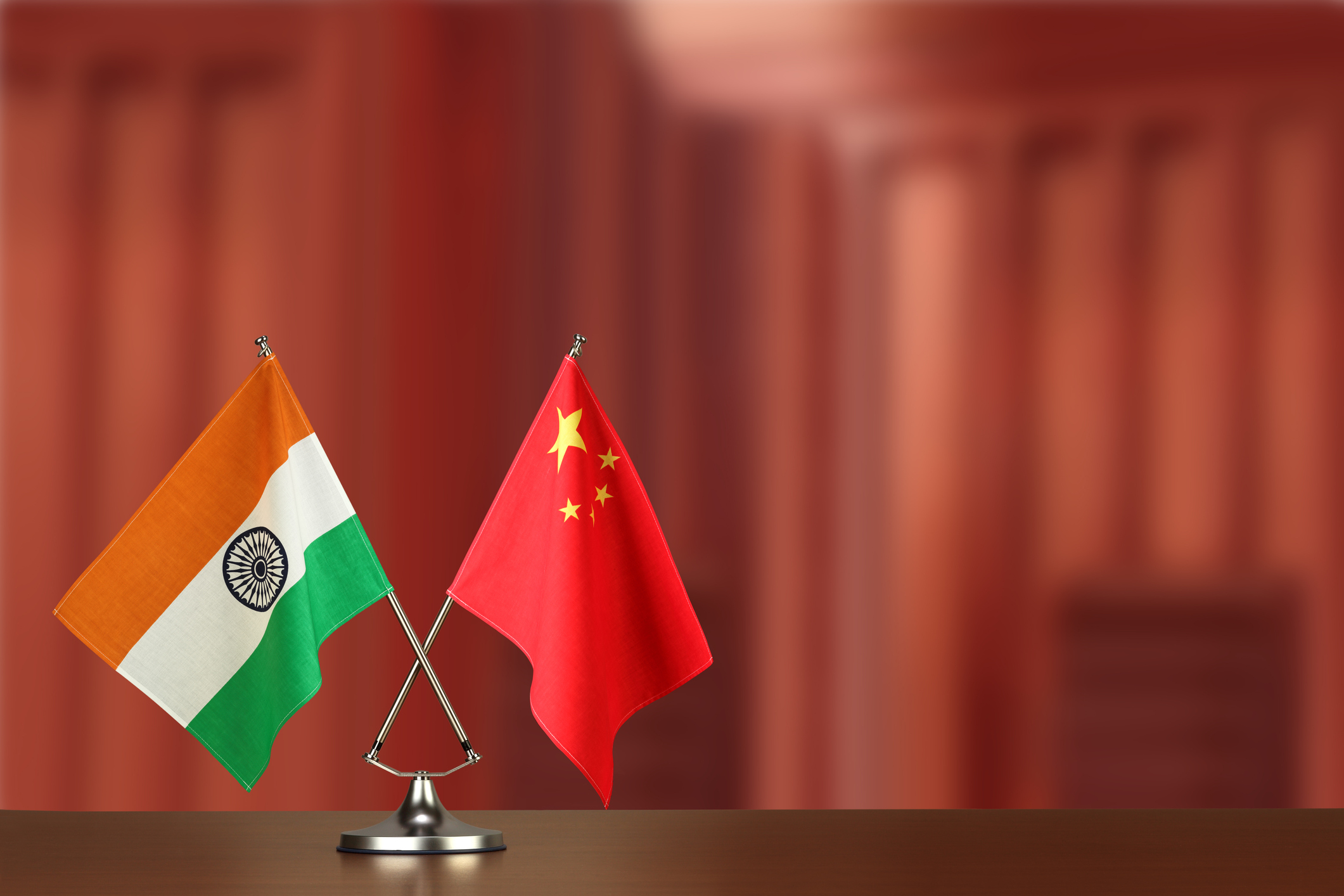
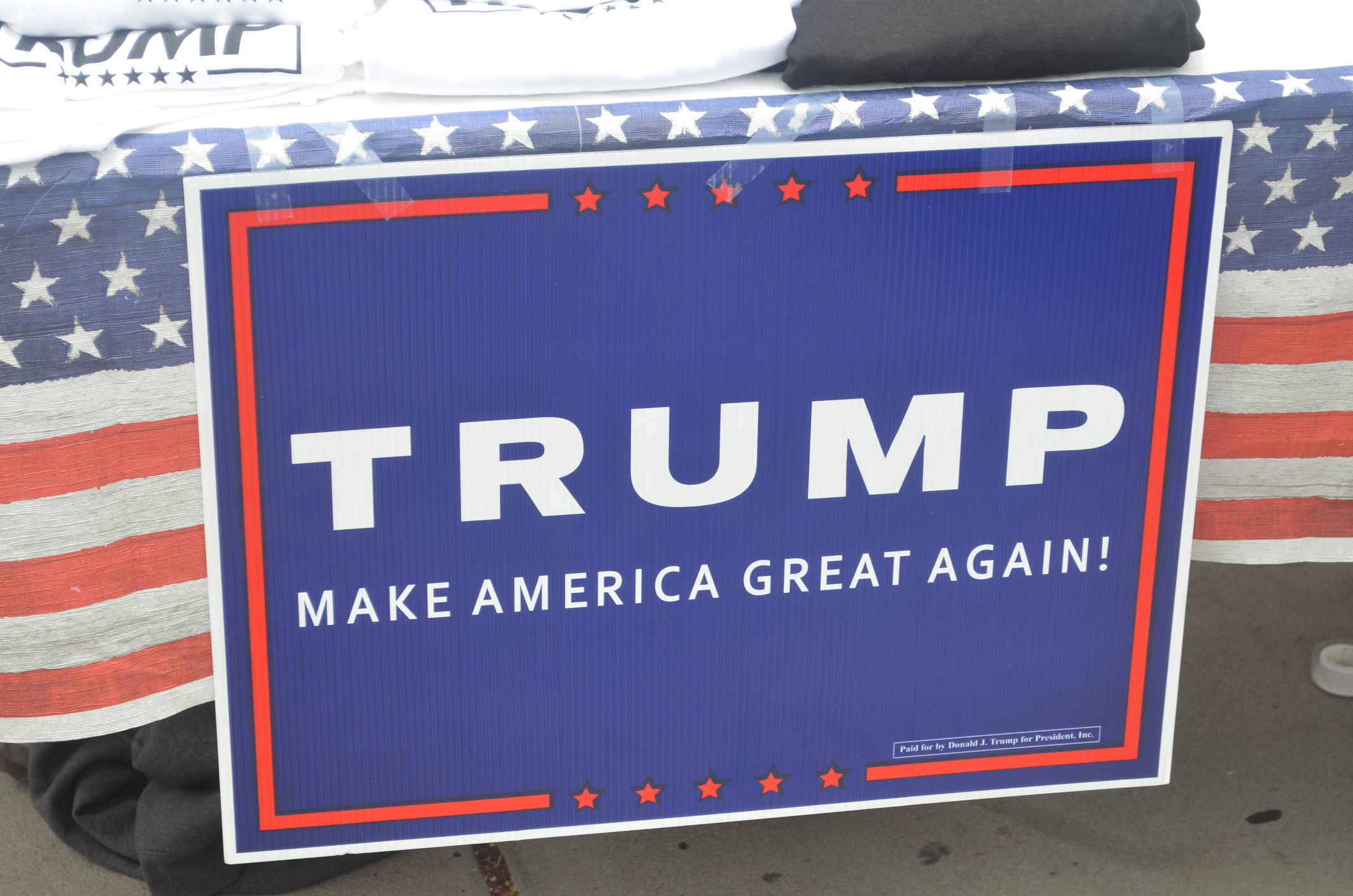






POST COMMENTS (2)
ASHOK IYER
Mukesh.Naik